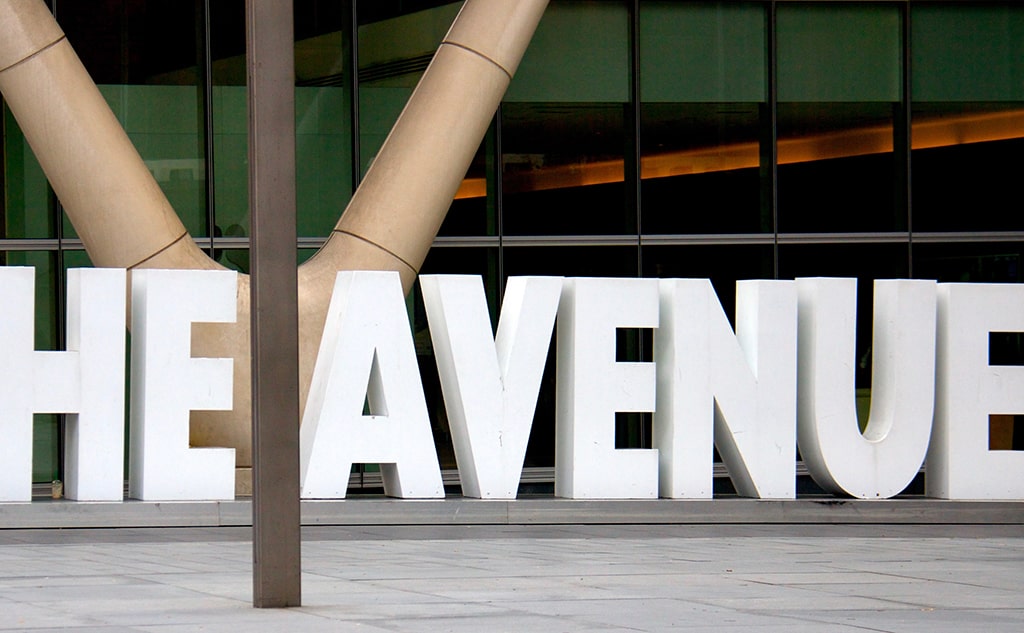It’s unreal, uncanny, makes you wonder if something is wrong, it seems to seek your attention for all the wrong reasons. Usually, we prefer the real thing, wine without sulfur based preservatives, real butter, not margarine, and so we’d like our layouts and designs to be filled with real words, with thoughts that count, information that has value. I’d say, there are some redeeming factors in favor of greeking text, as its use is merely.
You begin with a text, you sculpt information, you chisel away what’s not needed, you come to the point, make things clear, add value, you’re a content person, you like words. Design is no afterthought, far from it, but it comes in a deserved second. Anyway, you still use Lorem Ipsum and rightly so, as it will always have a place in the web workers toolbox, as things happen, not always the way you like it, not always in the preferred order. Even if your less into design and more into content strategy.
Then the question arises: where’s the content? Not there yet? That’s not so bad, there’s dummy copy to the rescue. But worse, what if the fish doesn’t fit in the can, the foot’s to big for the boot? Or to small? To short sentences, to many headings, images too large for the proposed design, or too small, or they fit in but it looks iffy for reasons the folks in the meeting can’t quite.
If that’s what you think how bout the other way around? How can you evaluate content without design? No typography, no colors, no layout, no styles, all those things that convey the important signals that go beyond the mere textual, hierarchies of information, weight, emphasis, oblique stresses, priorities, all those subtle cues that also have visual and emotional appeal to the reader. Rigid proponents of content strategy may shun the use of dummy copy but then designers might want to ask them.

Find a Good Designer
- Preconstruction Services, Cost Estimating
- Construction Management
- Project & Contract Administration
- LEED Consultation & Implementation
That’s not so bad, there’s dummy copy to the rescue. But worse, what if the fish doesn’t fit in the can, the foot’s to big for the boot? Or to small? To short sentences, to many.
Anyway, you still use Lorem Ipsum and rightly so, as it will always have a place in the web workers toolbox, as things happen, not always the way you like it, not always in the preferred order. Even if your less into design and more into.
Websites in professional use templating systems. Commercial publishing platforms and content management systems ensure that you can show different text, different data using the same template. When it’s about controlling hundreds of articles, product pages for web shops, or user profiles in social networks, all of them potentially with different sizes, formats, rules for differing elements things can break, designs agreed upon can have unintended consequences and look much different than expected.
Typographers of yore didn’t come up with the concept of dummy copy because people thought that content is inconsequential window dressing, only there to be used by designers who can’t be bothered to read. Lorem Ipsum is needed because words matter, a lot. Just fill up a page with draft copy about the client’s business and they will actually read it and comment on it. They will be drawn to it, fiercely.
The most important kind of freedom is to be what you really are. You trade in your reality for a role. You trade in your sense for an act. You give up your ability to feel, and in exchange, put on a mask. There can’t be any large-scale revolution until there’s a personal revolution, on an individual level. It’s got to happen inside first
Jim Morrison
That’s not so bad, there’s dummy copy to the rescue. But worse, what if the fish doesn’t fit in the can, the foot’s to big for the boot? Or to small? To short sentences, to many headings, images too large for the proposed design, or too small, or they fit in but it looksreasons the meeting can’t quite tell right now, but they’re unhappy, somehow. A client that’s unhappy for a reason is a problem, a client though.

Websites in professional use templating systems. Commercial publishing platforms and content management systems ensure that you can show different text, different data using the same template. When it’s about controlling hundreds of articles, product pages for web shops, or user profiles in social networks, all of them potentially with different sizes, formats, rules for differing elements things can break, designs agreed upon can have unintended consequences and look much different than expected.










